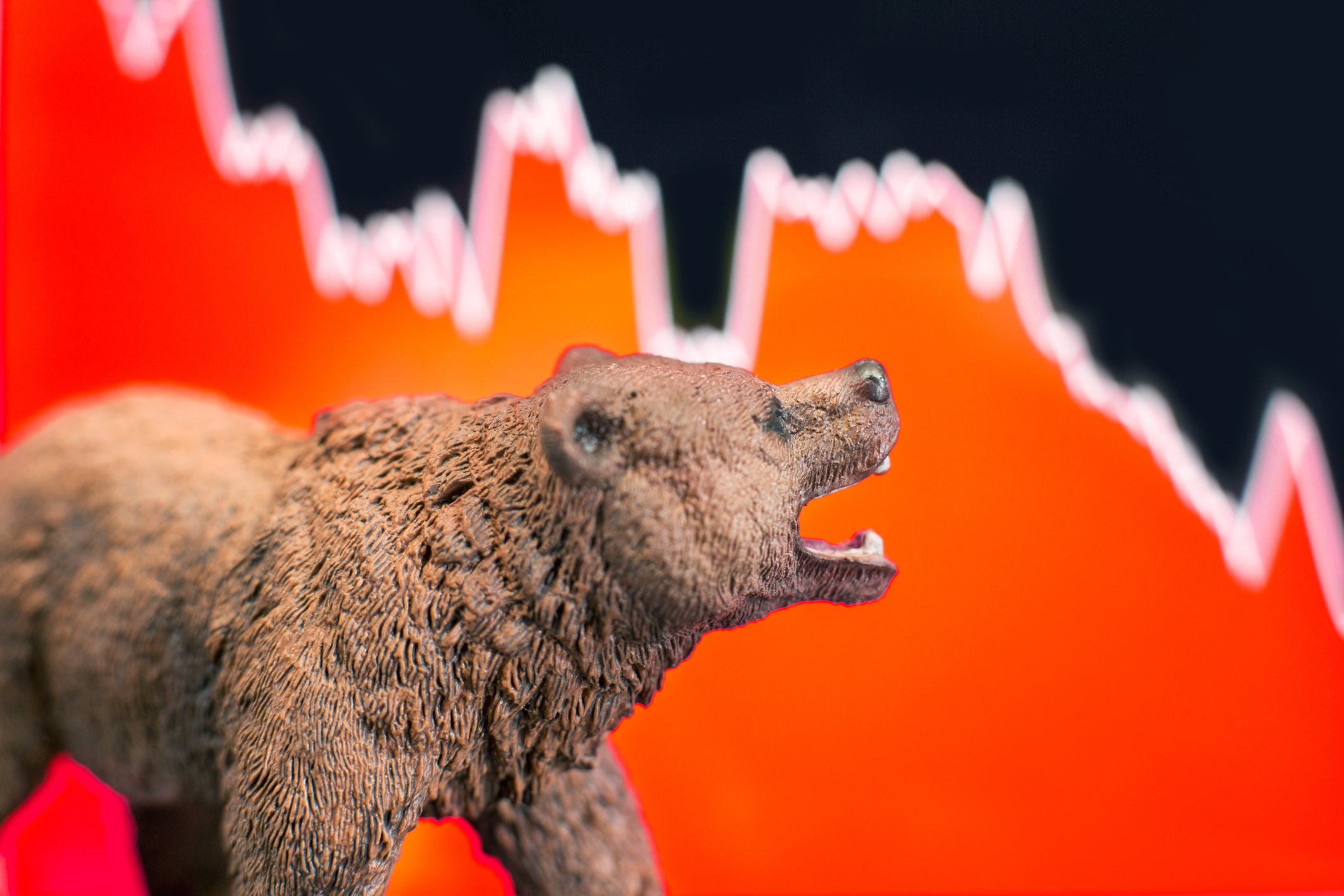Just because a stock has a high dividend doesn't mean the payout will stay that way if the market gets rough. Some companies are just better positioned than others to weather any economic storm. With that in mind, we asked three of our top dividend experts what stock they want in their portfolios for when the market gets rough.
Jordan Wathen: Triangle Capital Corporation (NYSE: TCAP) lends money to finance private-equity buyouts, and I think it can outperform, even in a downturn.
Triangle is one of a handful of low-cost operators in its industry, which means it often trades at a premium price to its competitors. As such, even in market declines, Triangle Capital is positioned to raise new money, and make new investments, while most of its competitors are sidelined.
That's exactly what happened during the market crash of 2008. Other companies in its industry plummeted, but Triangle Capital shares held their own. As such, the company could issue new shares above book value and invest in some of the best opportunities available at the bottom of the downturn.
In the private markets in which Triangle Capital invests, the returns only get better when the markets decline. Companies trade at lower prices, and even the best borrowers have to pay more for debt. For a lender and investor like Triangle Capital, that's a win-win situation.
Its current annual dividend of $2.36 per share offers a yield of 9.2%. But with more than $200 million in dry powder at the end of its last quarter, I think you can expect new investments to fuel a bigger dividend going forward.
Matt Frankel: Although it's not a "high-dividend" stock, Johnson & Johnson (JNJ +1.03%) is a stock you want to hold when the market gets rough. The company pays just under 3% per year, but you simply can't beat the growth and steady income it delivers year after year.
Not only did J&J not cut its dividend during the financial crisis, but from the beginning of 2008 to the end of 2009 the company actually raised its payout by an impressive 18%. In fact, Johnson & Johnson has increased its dividend for 51 consecutive years and maintains a payout ratio well under 50%, meaning the dividend is very safe, even if earnings take a hit.
In addition to a rock-solid dividend that increases like clockwork, the company delivers some impressive growth numbers. Over the past 20 years, Johnson & Johnson has delivered an average total return of more than 12% per year. If you had invested in J&J two decades back and reinvested your dividends, you would have doubled the overall performance of the S&P 500.
Patrick Morris: If I had to choose any company to provide steady income in turbulent markets, I'd pick Realty Income Corporation (O +1.47%). And not just because it has a trademark slogan of being "The Monthly Dividend Company."
Since 1969, Realty Income has paid a dividend to investors for 530 consecutive months, and it has increased its dividend for 68 consecutive quarters. At the end of June, its annual return since going public in 1994 stood at 17%, versus 9.6% for the S&P 500, meaning it has more than quadrupled the total return of the broader market:
It's not just that Realty Income has historically performed well, but it has also positioned itself to continue its strong performance no matter what the market does. The diversity of properties that this real estate investment trust holds is truly impressive, with no single industry making up more than 10.5% of its nearly $11 billion worth of real estate assets.
In addition, more than 225 tenants lease properties from Realty Income, and 44% of its revenue comes from those deemed investment-grade, meaning they have high credit quality. Not only that, but Realty Income's biggest tenant represents just slightly over 5% of its total revenue.
In short, the diversity across its property portfolio reduces the risks posed to investors no matter what the market does.
Add that it is well capitalized with a strong balance sheet, its average lease term stands at over 10.5 years, and its occupancy rate stands above 98%, and all signs indicate that Realty Income will retain its status as "The Monthly Dividend Company."









